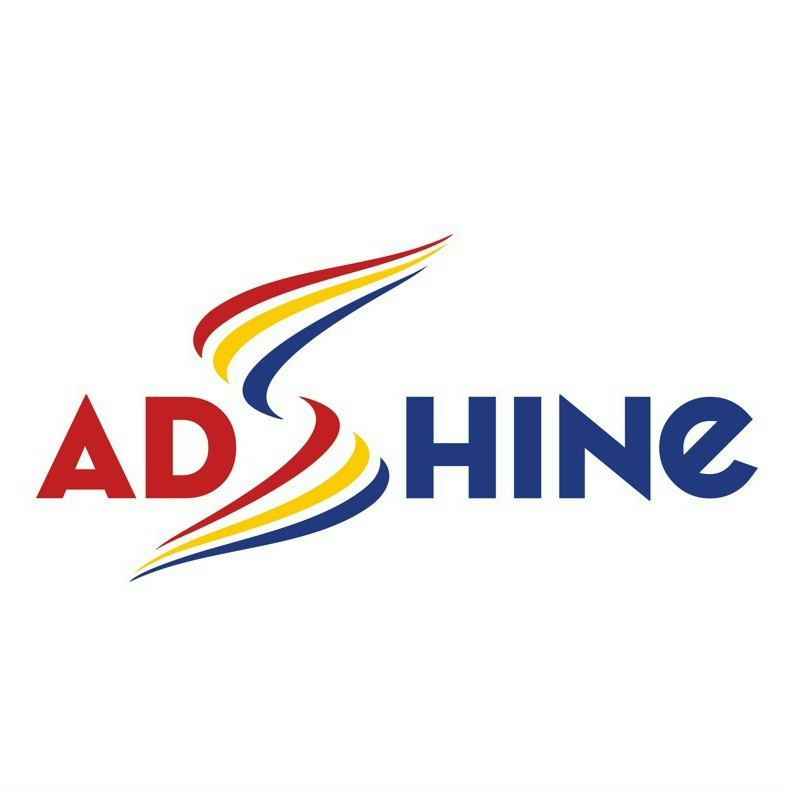AI Pays Off: Meta Reports Big Gains in App Promotion Efficiency
 Adshine.pro11/04/20255 views
Adshine.pro11/04/20255 viewsMeta has unveiled a fresh breakdown of its latest AI-powered upgrades to app advertising tools—highlighting how these innovations are helping developers achieve stronger campaign results across the board.
According to the company, ongoing improvements to its machine learning models are delivering better outcomes for all types of app promotion goals. The newest advances, Meta notes, further demonstrate how its broader suite of AI technologies is reshaping ad performance in powerful new ways.
For advertisers focused on driving in-app purchases, Meta’s AI-driven optimization framework now offers two distinct paths: one that maximizes conversion volume and another that zeroes in on the highest-value customers.
Traditionally, most app marketers have prioritized download volume. But Meta says its enhanced AI targeting capabilities have made value-based optimization a more effective strategy than ever.
As the company explains:
“Throughout 2025, we have continued to enhance our models to make value optimization—also known as maximizing the value of conversions—even more performant. Today, advertisers who focus on value optimization in app campaigns are seeing a 29% higher return on ad spend (ROAS) compared to those who optimize for conversion volume, making this Meta’s most effective solution for ROAS-focused app advertisers.”
This illustrates how the immense data-processing capacity of AI systems allows for the identification of more profitable outcomes—an analytical precision far beyond human capability.
In essence, Meta’s system can now analyze billions of user data points and correlate them with broader behavioral signals to locate similar, high-value audience segments. The result: more efficient targeting and stronger overall performance than traditional optimization methods.
On another front, Meta has worked closely with its mobile measurement partners (MMPs) to integrate AI-powered adjustments that help advertisers align their Meta campaigns more closely with the conversion definitions and metrics they track in third-party analytics tools.
“For instance, advertisers may use different criteria in their MMP reports—such as how long after an initial install a user remains classified as ‘new’ if they reinstall the app, or how long a user must be inactive before they can be retargeted in a reengagement campaign. By understanding these variable timeframes, we can better identify and reach the audiences each advertiser considers most valuable.”
By feeding these nuanced data definitions into its AI models, Meta has refined the user attribution window used to determine who qualifies as a “new user” for app promotion targeting.
“Advertisers using AppsFlyer can now set a flexible reattribution window ranging from 0 to 180 days, matching their configurations in AppsFlyer. Meanwhile, Meta will apply a standardized 180-day exclusion window for campaigns using Adjust or Singular, which define new users on a lifetime basis.”
According to Meta, this extended exclusion window has reduced the number of “non-qualified” new users acquired in Mobile App Promotion campaigns by around 20%, aligning results more closely with advertisers’ definitions of new users.
The updated targeting framework is now fully available through Meta’s network of app promotion partners—further reinforcing how AI continues to reshape performance marketing in measurable, data-driven ways.
📢 If you're interested in Facebook Ads Account, don't hesitate to connect with us!
🔹 https://linktr.ee/Adshinepro
💬 We're always ready to assist you!